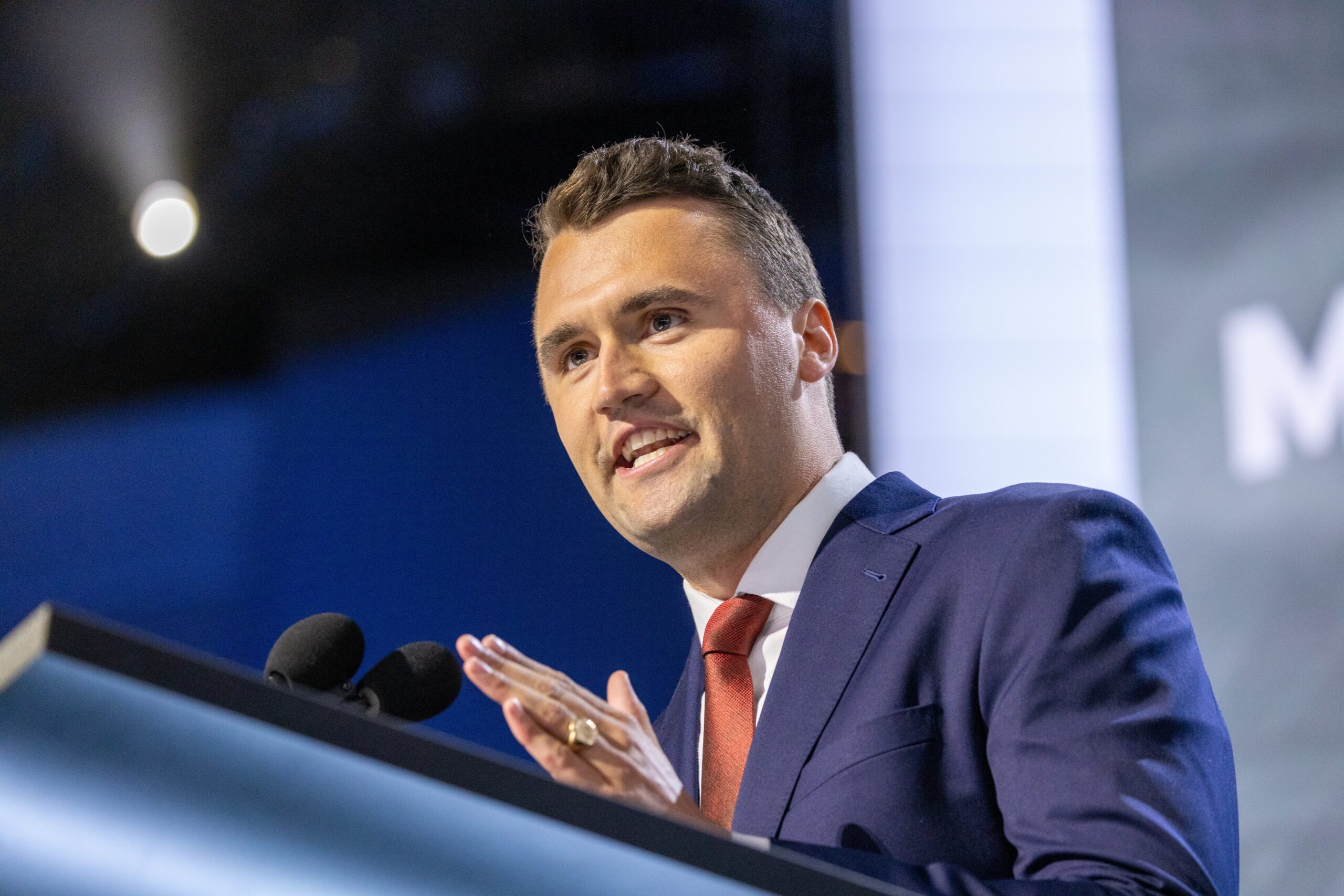The assassination of Charlie Kirk is a shocking and horrifying reminder of what’s at stake when violence is perceived as a valid response to speech. However strongly one may disagree with Mr. Kirk’s views, no disagreement can ever justify silencing a voice through force or other unlawful means.
The First Amendment guarantees the right to speak, publish, assemble, and petition the government without fear of state censorship or punishment. These freedoms are not contingent upon popularity; they exist to protect speech that others may dislike or find offensive. Our nation’s history demonstrates that progress has always depended on the ability of people to voice unpopular or controversial ideas and to challenge prevailing orthodoxies.
As the civil rights movement showed, free speech has fueled America’s greatest strides toward freedom. Rev. Walter Fauntroy, a pastor and former member of Congress, as well as a close associate of Dr. Martin Luther King Jr., once credited the movement’s success to “Almighty God and the First Amendment.” His point was clear: faith provided its moral foundation, but the First Amendment provided the valuable legal protections that allowed marchers to assemble, advocates to petition their governments, and voices of conscience to be heard. Without those freedoms, the peaceful protests and appeals that reshaped our nation might have been silenced.
But, then and now, the threat of violence casts a chilling shadow on political speech of all kinds. Mr. Kirk’s assassination was a harrowing example of how violence can silence speech. Although questions remain about the circumstances and details of the assassination, the impact is clear: violence against speakers strikes at the heart of free expression and civil society.
Yesterday’s events are especially tragic, given that a passion for peaceful dialogue with those who opposed him defined Mr. Kirk’s own work. He often said that a central purpose of his events was to prevent violence by engaging in such dialogue. His work provided an example of how disagreement, even sharp disagreement, can be confronted with speech rather than force.
Meeting speech with violence imperils the foundation of our First Amendment freedoms. Political violence—whether directed at lawmakers, judges, activists, journalists, or ordinary citizens—threatens not only its immediate victims but the health of our nation. These traumatic and frightening events also intimidate others into silence.
Violence does not rebut ideas; it extinguishes debate and chills expression.
In recent years, we have seen a troubling shift in attitudes toward the question of violence as a means of silencing disagreeable speech. Surveys show that more Americans are increasingly open to the idea that violence may be justified to stop speech they oppose. Perhaps most disturbing, this trend is strongest among young Americans.
This belief in violence as a “remedy” for speech we don’t like is fundamentally at odds with the principles of a free society. People who excuse violence as a means of suppressing expression have abandoned any semblance of the principle of free speech.
The only proper and healthy response to speech we oppose is more speech: argument, evidence, debate, and persuasion. These tools are the lifeblood of liberty. Resorting instead to violence or intimidation corrodes freedom for all of us.
At the Institute for Free Speech, we remain steadfast in our mission to defend free political speech. Yesterday’s heinous murder underscores the urgency of that mission. Free societies endure only when citizens reject violence and recommit to tolerating opposing views and the principle that speech must be answered only with more speech.
We extend our condolences to Mr. Kirk’s family, colleagues, and supporters, and we urge all Americans to honor his legacy by upholding the civic courage to speak—and to listen—without fear of violence.
David Keating
President, Institute for Free Speech














